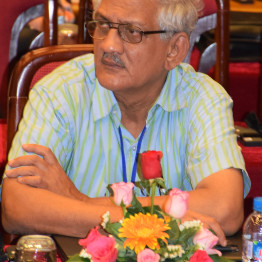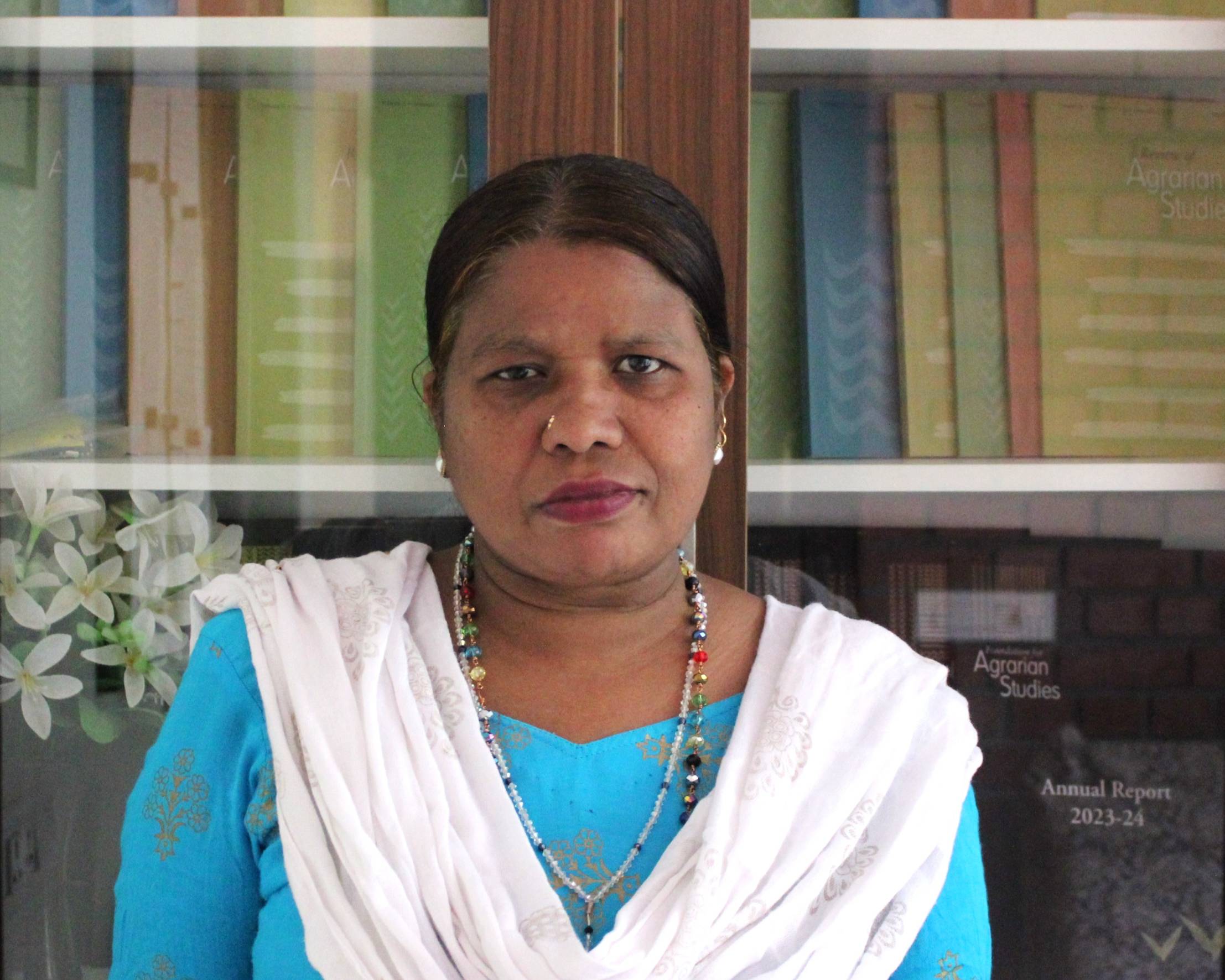Professor Philip Alston, the current United Nations Special Rapporteur on poverty and human rights, has recently reported on conditions of extreme poverty and denial of human rights in the United Kingdom (Alston 2018). The report highlights such conditions with special reference to the effects of ongoing austerity measures.

The report states that despite the U. K. being a developed economy and ranking fifth in the world in terms of gross domestic product, 14 million people, or a fifth of the country’s population, lives in poverty. Of these 14 million, four million live more than fifty per cent below the poverty line, and 1.5 million are deprived of basic essentials. The U.K. Government has dismantled social security programmes, a move that has already affected the marginalised, migrants, and women and children in particular. The Equality and Human Rights Commission has already warned of an estimated 60 per cent jump in the poverty rate of children by 2021-22. Since 2010, homelessness in the country has shot up by 60 per cent. This has harshly affected rural poverty, given the withdrawal of funds in sectors such as state-supported transport, communication, and other services in the countryside.
The scale of deprivation is expected to rise in a post-Brexit economy. A study by the Centre for Economic Performance and the London School of Economics shows that the fall in the value of the pound has already increased the cost of living by 400 pounds per year for people in poverty. In another study, researchers have estimated that the economy of the U. K. is 2-2.5 per cent smaller than it would otherwise have been. The economy is likely to experience a period of inflation and a fall in real wages in coming days.
Here, the report also points out that the level of human rights protection entitled to the population will be significantly diminished.
In order to understand the reasons behind this deprivation, the report points to the decade-long denial of state support in the country in the name of fiscal austerity. Following the 2008 financial crisis, government-supported welfare expenditure in the U. K. was curtailed in 2010. The decline in welfare measures has come at the cost of harming the bottom 20 per cent of income earners. At the same time, the “political choice made by the Government was to make tax fund cuts” (p. 23) in the previous budget.
The existing Universal Credit Programme of the Department for Work and Pensions (DWP) was introduced after 2010 as a single benefit replacing six existing means-tested benefits and tax credits. It replaced the existing income based jobseeker’s allowance, housing benefit, working tax credit, child tax credit, income related employment and support allowance, and income support. The programme is designed in a manner that the amount sanctioned is based on income, assets, and family circumstances, and delivered in the form of a single monthly payment. In the recent past, however, the Universal Credit Programme has been almost non-functional. The report cites a study, drawing attention to the denial of credit sanction, delayed payments, and cost-saving arrangements by the DWP. This has resulted in over 40 per cent of sanctioned grants to the unemployed of the country taking more than three months to receive approval (Adler 2018). Further, the digitisation of already existing welfare schemes by placing trust in privately initiated artificial intelligence systems to deliver welfare benefits are exclusionary in nature and pose a threat to government information.
The report brings out the reality of the development paradigm in the U.K. Fiscal austerity in terms of curtailing government expenditure has affected the poorest of the poor. The documentation in this report shows how policies of fiscal targeting and budget cuts come at the cost of marginalising the poor.
References
Alston, Philip (2018), “Statement on Visit to the United Kingdom: United Nations Special Rapporteur on Extreme Poverty and Human Rights,” Office of the United Nations High Commissioner for Human Rights, Geneva, available at https://www.ohchr.org/Documents/Issues/Poverty/EOM_GB_16Nov2018.pdf, viewed on November 27, 2018.
Adler, Michael (2018),Cruel, Inhuman or Degrading Treatment? Benefit Sanctions in the UK, Palgrave Macmillan, London.
About the author
Soham Bhattacharya is an Assistant Professor at the Dr B R Ambedkar School of Economics University.






























































 Sudha is an Administrative Assistant of the Foundation. She assists the administrative division of the Foundation and also has taken part in fieldwork organised by the Foundation.
Sudha is an Administrative Assistant of the Foundation. She assists the administrative division of the Foundation and also has taken part in fieldwork organised by the Foundation.











